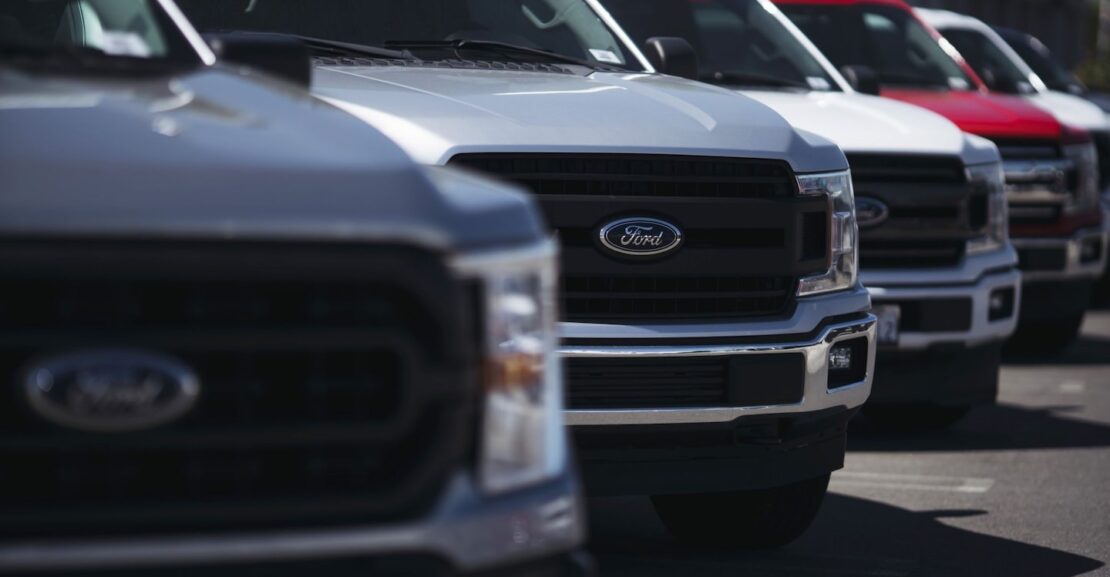[ad_1]
Prices remain elevated, hitting a record $49,507 on average for a new car. Monthly payments have surged to an average $728, also a record, thanks to rising interest rates.
Ideally, most drivers would delay buying a new car until prices come down, but there’s one group that can’t: those who lease their car and whose leases will soon be ending. It will likely cost them hundreds more a month to either get a new lease for the same car or to lease a newer version.
You can always ask the dealer to extend your current lease, to see if prices soften more or rates come down a bit. But if your lease will be ending this year, it’s probably time to stop leasing and buy.
That’s because anyone looking to lease a car is likely to face high interest rates, with few dealer perks to offset them. In that case, it may make more sense to just go ahead and buy. That’s why, in the fourth quarter of 2022, just 26% of luxury car drivers leased their cars compared with 53% two years earlier. If you can afford to put more money down, you could wind up with a similar monthly payment as leasing, but own the car outright.
If you like the car you’re currently leasing, one of the best options right now is buying it out. When you first lease a car, the dealer will estimate what the car will be worth at the end of the lease term and give you the option to buy it at that value in the future.
If you bought the car several years ago, that estimate, called the residual value, is probably a lot lower than what the car is worth today — so you’d be able to buy your leased car for a discount. You can look at your monthly leasing statement to find your car’s residual value.
Even if you don’t want to keep the car, it might be worth buying it anyway for the trade-in value. Prices for used cars have tumbled from their recent historic highs, but they’re still much higher than they were a few years ago. There are many websites that will estimate what you’d get for trading in your current model; I like autotrader.com.
One catch with a lease buyout: it probably means the end of any service warranties. You can ask about extending them, but many expire after three years anyway.
If you want a large luxury car, large pickup truck or mid-size or compact luxury SUV, you may be able to negotiate more, says Jessica Caldwell, executive director of insights at car website Edmunds.com. The average discounts for vehicles in those categories were bigger than for other cars, such as mid-size or large SUVs, Edmunds’ data shows.
For example, the Volvo XC-60, a luxury compact SUV, had an average discount of $2,332 off its MSRP of $58,371, and the Ram 1500, a large truck, offered buyers an average discount of $2,367. At the top end of the market, the Mercedes-Benz S-class, a large luxury car, had an average discount of almost $8,000 from its list price of $128,679.
During the pandemic, consumers who wanted to own their cars had no choice but to buy a used car given the non-existent supply of new cars. If you’re debating between the two now, remember that financing rates are likely to be better with a new car, according to Sheldon Sandler, founder of a dealership advisory firm. And safety technology is always improving.
Ultimately though, the best advice for any car shopper is to be flexible. Despite what Wall Street says, deals remain elusive.
More From Bloomberg Opinion:
• Racing to Meetings? It’s Slowing You Down: Sarah Green Carmichael
• Next Year, Resolve Not to Monetize Your Hobbies: Erin Lowry
• The Case for Putting Your Bonus into a 401(k): Alexis Leondis
This column does not necessarily reflect the opinion of the editorial board or Bloomberg LP and its owners.
Alexis Leondis is a Bloomberg Opinion columnist covering personal finance. Previously, she oversaw tax coverage for Bloomberg News.
More stories like this are available on bloomberg.com/opinion
[ad_2]
Source link
